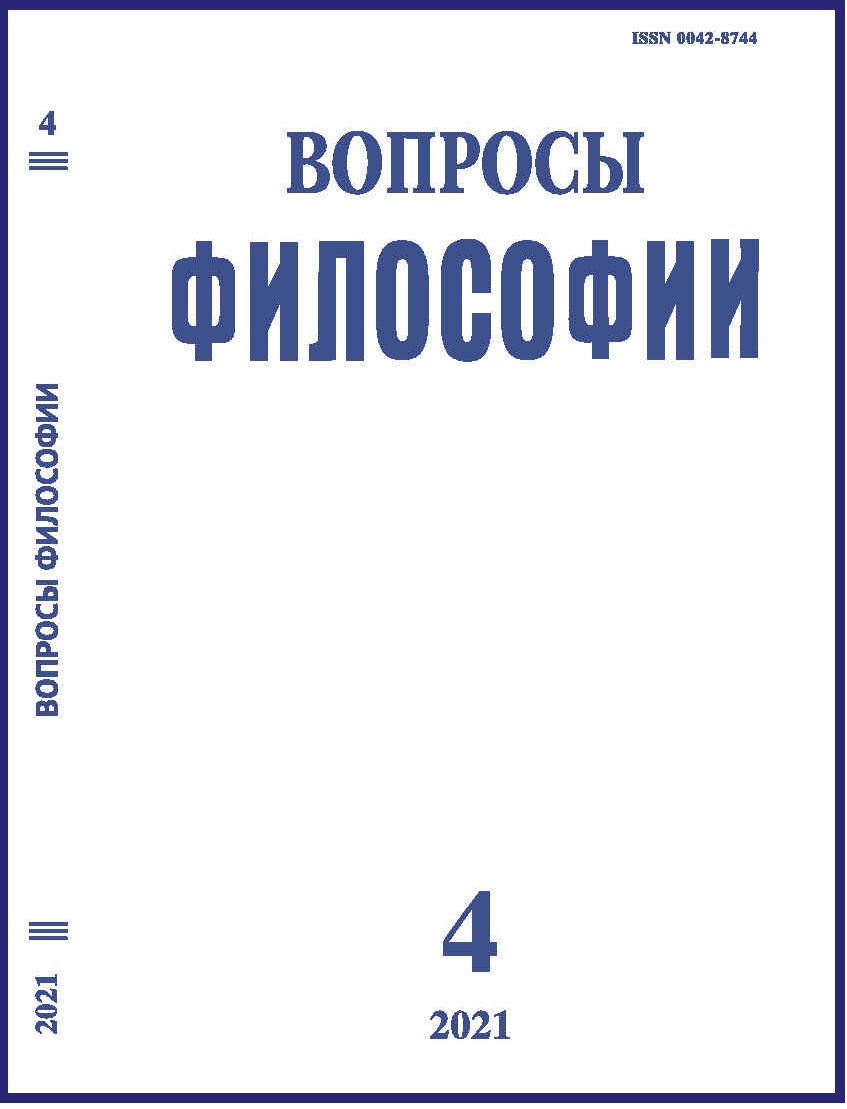Buddhism and Science in the Perspective of Intercultural Philosophy
DOI:
https://doi.org/10.21146/10.21146/0042-8744-2021-4-168-178Keywords:
dialogue of cultures, East and West, polylogue, Tibetan Buddhism, philosophy of science, comparative studies, empiricism, transcendental epistemology, phenomenology, intercultural philosophy, Wallace, Bitbol, Garfield, Lysenko, SideritsAbstract
The paper is devoted to the analysis of the dialogue between Tibetan Buddhism and Western science which began in the second half of the 20th century on the initiative of the 14th Dalai Lama and is actively developing today. The paper provides examples of the interaction between the Western (as well as Russian) scientists and the leader of the Tibetan Buddhists and Buddhist monks, especially in the field of consciousness studies. During this dialogue some new areas of possible interaction have emerged which involved both – Western scientific method, the Buddhist traditional forms of meditation and philosophy of mind. For all its participants, it becomes obvious that a common philosophical platform is needed to better understand each other and to develop further on their mutually beneficial cooperation. Contemporary philosophers involved in this dialogical process offer a number of approaches to serve this purpose. The article discusses philosophical approaches of Alan Wallace (empiricism), Michel Bitbol (transcendental phenomenological epistemology), and advocates of intercultural philosophy (Jay Garfield, Mark Siderits, Victoria Lysenko). It is the intercultural approach, the basis of which is the equal status of all participants (the concept of “polylogue”), and their shared good knowledge of the language of science along with concepts elaborated in both – Western and Buddhist philosophical traditions, is presented in this paper as the most promising methodological foundation for the interaction of “multicultural rationalities”.

